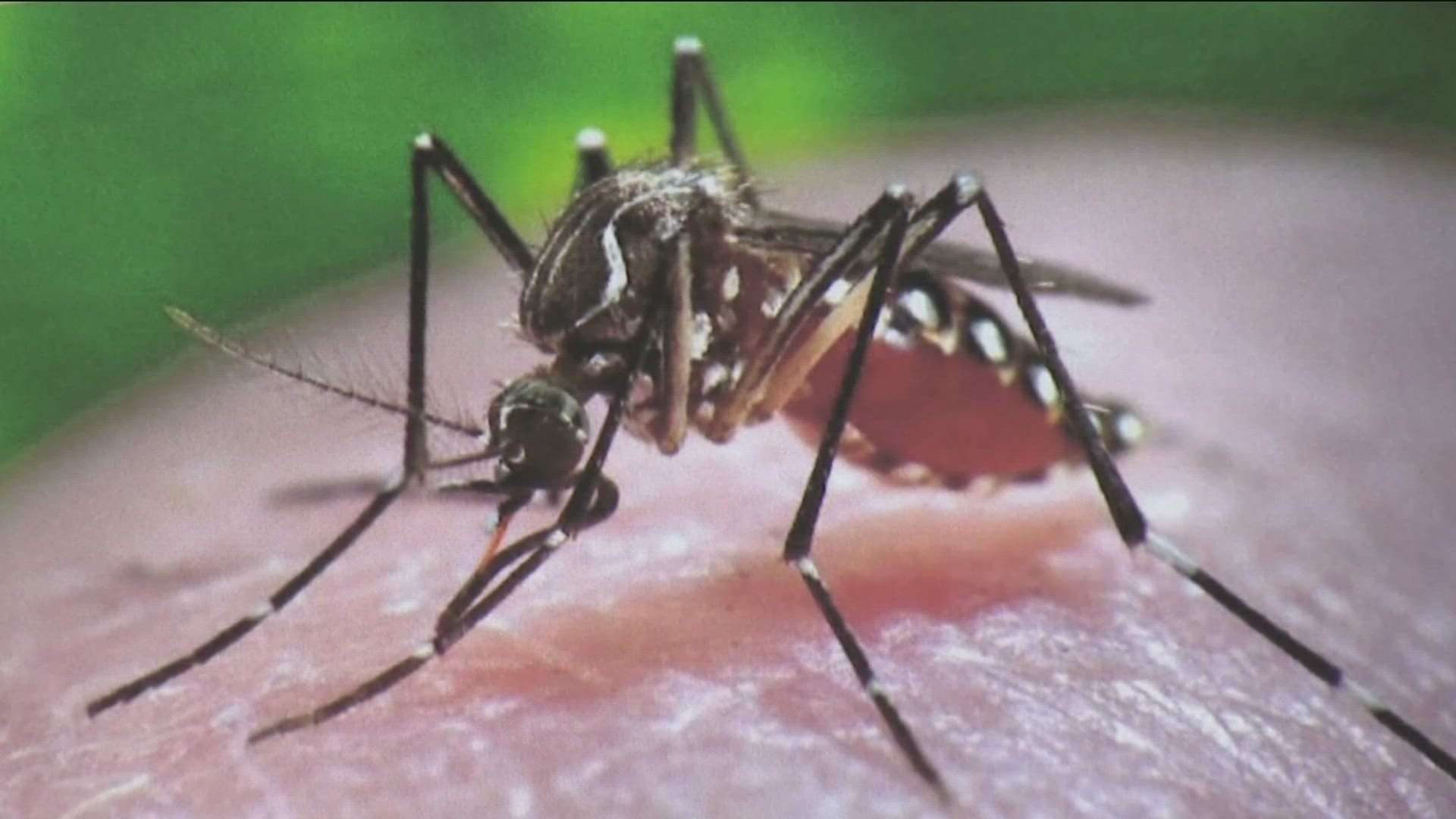RICHMOND, Va. (AP) - Five years ago, Virginia Tech student Seung-Hui Cho had begun his mission of indiscriminate mass murder after leaving numerous vivid signs of his madness.
In the reckoning afterward, investigations identified many points along Cho's psychological disintegration where intervention might have averted the wide-awake nightmare of April 16, 2007 - the worst mass-shooting in U.S. history.
Today, with the benefit of hindsight and substantial legislative reforms, could someone else commit the same atrocity that Cho did when he shot 32 people dead and then killed himself as police closed in?
Two of Virginia's most experienced law enforcement experts say it's extremely unlikely, but impossible to rule out in a free society.
It's a question that haunts the unguarded corners of Col. Steve Flaherty's mind every day. The carnage he saw in Norris Hall - cell phones ringing in the pockets of slain students and faculty who would never answer them - is still unsettling and unshakable.
"It's the most horrific sight of my life," Flaherty, a career lawman and superintendent of the Virginia State Police since 2003, said barely above a whisper in a Friday telephone interview.
Everyone in Virginia changed a little that day, not just Flaherty. Not only do people remember where they were, what they were doing and whom they were with when they heard of the attack, it rocked basic assumptions about when and where they're really secure, said Flaherty's retired predecessor as head of the State Police, W. Gerald Massengill.
"It's like America before 9/11 and America after 9/11. Virginia since April 17, 2007, is different from Virginia on the morning of April 16, 2007, and before," said Massengill, who headed a blue-ribbon panel appointed to review the killings and recommend reforms.
Some of the holes in the system through which Cho passed have been patched.
Cho morphed from a quiet, bashful Tech freshman in 2003 into a seething madman by 2007, alarming fellow students and professors alike with dark and violent writings. Mental health professionals evaluated Cho overnight in December 2005 and deemed him imminently dangerous to himself and others. Police ordered Cho not to contact a female Tech student who had received disturbing emails, text messages and even a personal visit from him.
"Back then, nobody was able to connect the dots," Massengill said.
Now, Virginia's publicly supported colleges and universities are required by law to have teams that investigate the academic, medical and criminal records of troubled students such as Cho and establish rules and regimens for dealing with them.
Cho never should have been able to buy the two handguns he used to carry out his execution-style killings from licensed gun dealers. Because a court had ordered him to undergo mental health testing, his name should have appeared in a database licensed gun dealers use to vet the backgrounds of firearms purchasers. His name was not there.
Then-Gov. Tim Kaine ordered an administrative fix to that problem, and the General Assembly quickly wrote it into state law in 2008.
Yet there's nothing to prevent the mentally unstable, felons or anyone else from obtaining firearms at Virginia's gun shows - bazaars where gun enthusiasts can sell, swap and barter weapons with no questions asked. Virginia's pro-gun legislature has repeatedly defeated efforts to close the "gun show loophole."
"I continue to be very worried about that," said Kaine, who left office in 2010 and, after two years as Democratic National Committee chairman, is running for an open U.S. Senate seat.
"Cho didn't buy guns at a gun show, but people who have adjudicated histories of dangerous mental illness, people who are felons, it is illegal for them to get weapons in the absence of a simple and easy records check," Kaine said.
Other work also remains.
Kaine says it's important not to underfund community mental health services - the first lines of defense against a future killer like Cho.
Massengill said privacy laws still impede information sharing between classrooms, courtrooms, police departments and mental health professionals in cooperatively - and confidentially - dealing with troubled students.
Virginia Tech's deaths, to be mourned at a campus candlelight vigil Monday, were not in vain, Flaherty said.
Campuses across the nation learned to immediately alert their students via emails, text messages or broadcasts to trouble on or near campus. Two fateful hours lapsed at Virginia Tech after Cho killed his first two victims in a dormitory until he entered Norris Hall, chained and locked its doors and began shooting.
Maybe things are better. Certainly, it would be improbable that someone like Cho could amass so high a toll again on a Blacksburg campus - or anywhere else - now much more on guard.
It's cold comfort to Beth Hilscher. Her daughter, Emily Jane, a 19-year-old freshman, was among Cho's first victims, shot dead in her dormitory early that morning alongside Ryan Clark, a fellow Hokie who rushed to her aid.
"Could it happen again? Sure it could. It just happened last week in California," she said Friday.
One Goh, a 43-year-old student at Oikos University, is charged with murder in the shooting deaths of seven people on the Oakland campus April 2. Police say Goh was angry with a school administrator over a financial dispute and began shooting others when he learned she was not there.
"Even if everything else had gone right at Virginia Tech the rest of the day on April 16, 2007, it would have been a bad day for Emily and Ryan," Beth Hilscher said. "But there are still students who have mental illness and who are still being ignored."
___

